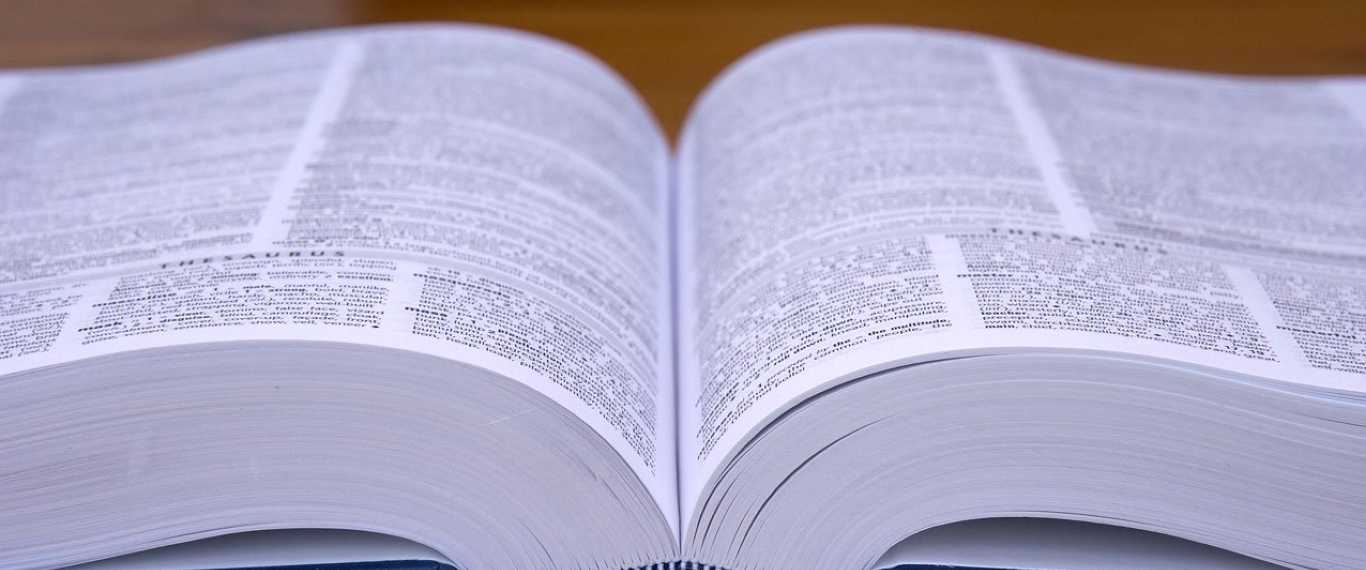- News and articles
- Events
- Find usIDP AustraliaIDP BahrainIDP BangladeshIDP CambodiaIDP CanadaIDP ChinaIDP EgyptIDP GhanaIDP Hong KongIDP IndiaIDP IndonesiaIDP IranIDP JordanIDP KenyaIDP KoreaIDP KuwaitIDP LebanonIDP MalaysiaIDP MauritiusIDP Middle EastIDP NepalIDP New ZealandIDP NigeriaIDP OmanIDP PakistanIDP PhilippinesIDP Saudi ArabiaIDP SingaporeIDP Sri LankaIDP Taiwan, ChinaIDP TurkeyIDP UAEIDP VietnamIDP Corporate
- Social
- English
Topics covered
- Published: 25 April 2024
- Updated: 25 December 2024
Learn Smarter, Not Harder
Study Smarter, Not Harder
Studying effectively doesn’t mean spending endless hours buried in books. Everyone has their own learning style, and discovering what works best for you can make studying more efficient and less stressful.
1. Choose the Right Location
Location, Location, Location
The right environment makes all the difference. While cafes are popular for their cozy atmosphere, they aren’t for everyone. If the noise is distracting, libraries or quiet study rooms might be better options. Studying at home is convenient but comes with distractions—find a dedicated desk or study area that helps you focus without making you too comfortable.
2. The Right Level of Noise
Noise Level Matters
Some people thrive in silence, while others benefit from a slight background hum like the sounds of a café or instrumental music. Studies show that moderate noise levels (around 70 decibels) can enhance creativity. Experiment with background music or white noise to find what keeps you focused. Avoid music with lyrics if it distracts you.
3. Study at the Best Time of Day
Time of the Day
Choosing the right time to study depends on your personal preferences. Mornings are great for learning new material since your energy levels are higher, and natural light helps improve concentration. Evenings, on the other hand, offer quietness and may boost creativity. Experiment with different times to see when you perform best.
4. Set Optimal Study Durations
Duration of Study
Take regular breaks to keep your brain refreshed. Research suggests studying for 52 minutes followed by a 17-minute break is the ideal ratio. Avoid long, uninterrupted study sessions that can lead to fatigue and decreased focus. Use breaks for light stretching or a quick walk to recharge.
5. Study Alone or in Groups
Solo or Group Study
Group study sessions can be effective for brainstorming and solving problems together. However, they can also lead to distractions. Studying alone provides more focus and control over your pace. Find the right balance between independent and group study depending on the subject and your needs.
6. Discover Your Unique Study Style
Ultimately, the best study method is the one that works for you. Experiment with techniques such as note-taking, summarizing, or using color-coded highlights. Once you find your rhythm, studying becomes more enjoyable and productive.
Tips from IDP
Need more study tips or guidance on planning your education abroad? The expert counselors at IDP are here to help. Reach out for personalized advice and support to help you achieve your academic goals!
One account for all your study abroad needs
Create your profile and unlock a wide array of features including personalised recommendations, fast-tracked applications and much more.
Search for articles
Dive into our extensive collection of articles by using our comprehensive topic search tool.















